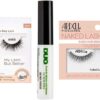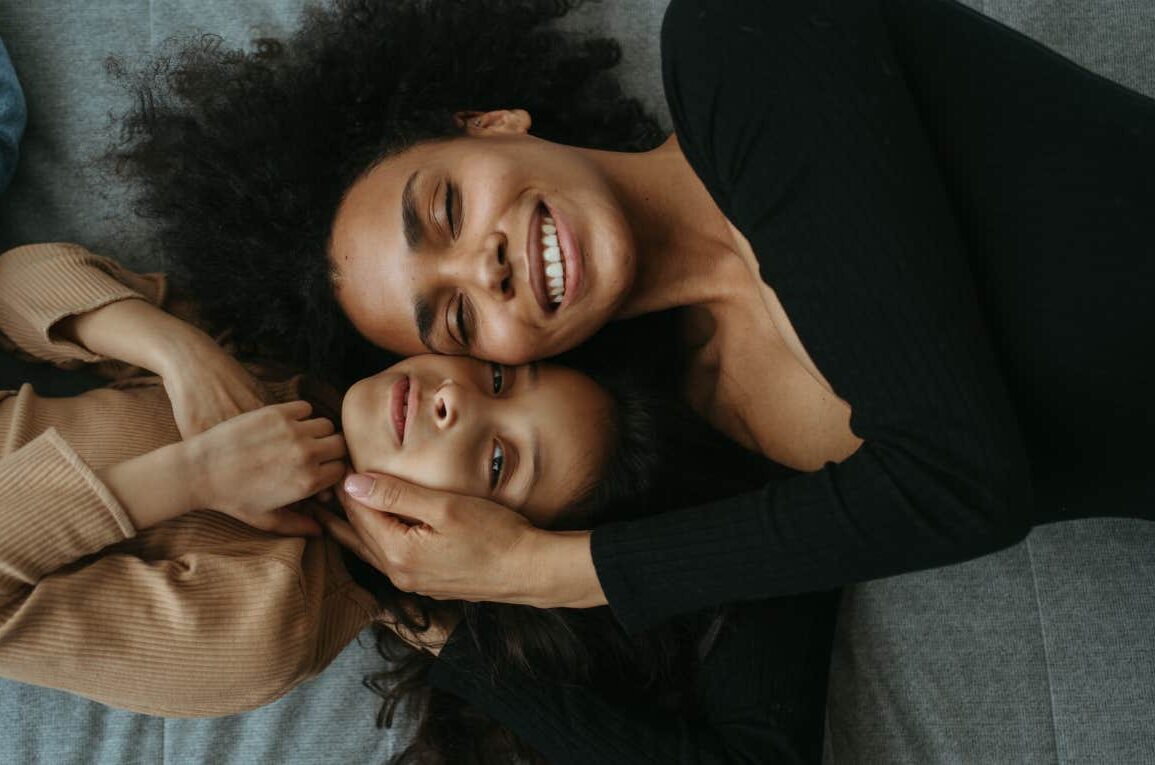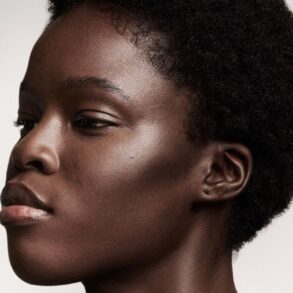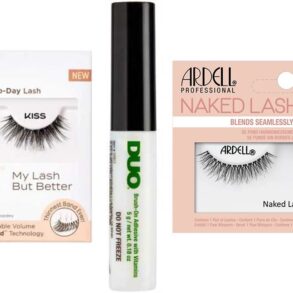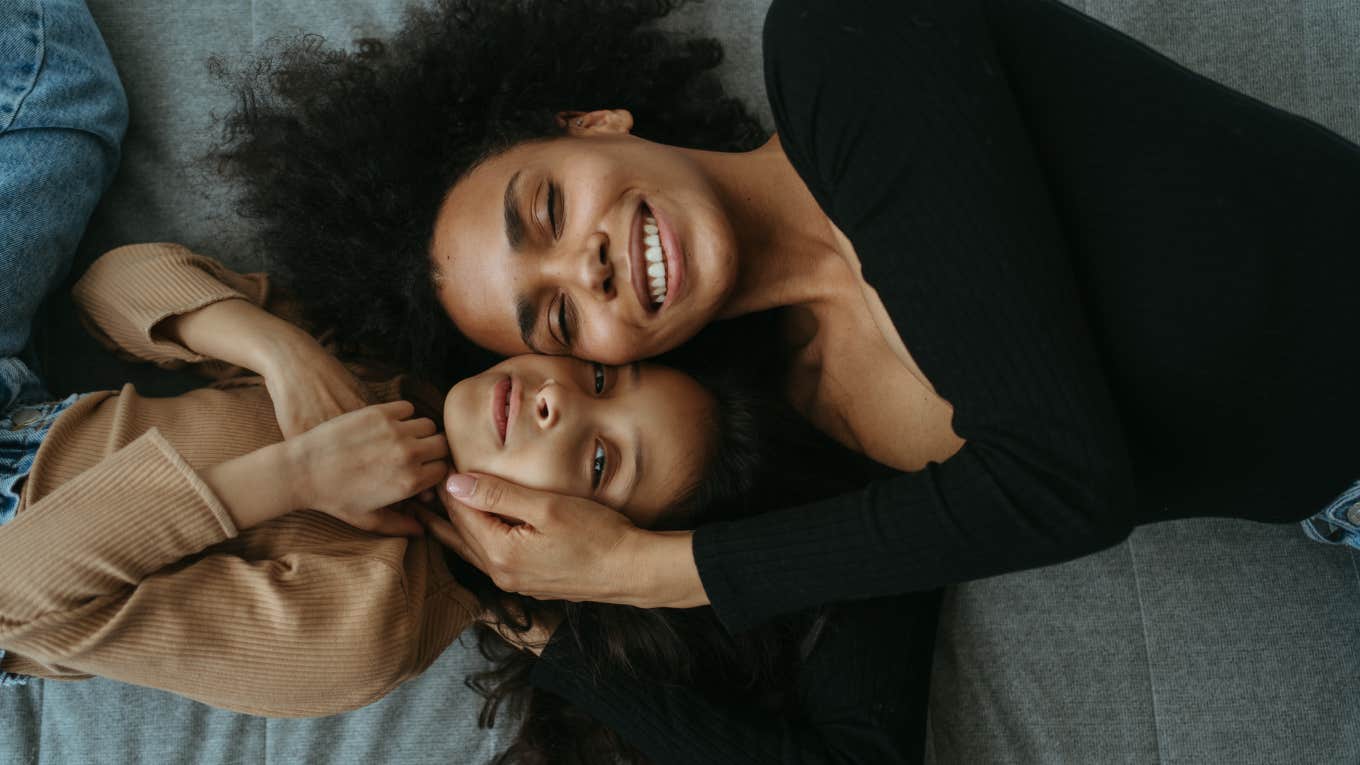
By Jennifer Meer
Dear Daughters,
In 2015, The New York Times ran a piece about dads signing up for a special “clinic” at a hair salon to learn how to braid their daughters’ hair. The piece referenced girls on the playground, running amuck with hair that had clearly suffered at the hands of their fathers.
There was much about the story and the piece itself that bothered me, but it struck me that most of the time it’s you — my daughter — on the playground with “dad” hair. Only Dad didn’t do your bad braids. No, that was all me. Your mother.
Truth is, there’s a lot I don’t know how to do. At 37, I am still fighting relentlessly with an antiquated belief that I am supposed to know about certain things like hair and makeup, and actually care about that stuff. But I don’t.
Dear daughters, if you choose to incorporate any of this into your life, then that’s great. I hope you do it on your own terms.
In the meantime, below are four of the gender-saturated lessons that I won’t be passing along to you and your sister.
Here are 4 ‘how to be a lady’ lessons I vow to never teach my daughters:
1. How to do your makeup
Your Nana lived to be 92 years old, and for approximately 90 of those years, she regularly colored her hair and applied makeup. When she broke her hip many years ago, she told the EMTs to pause while she reapplied her lipstick before loading her onto the bus.
She had a makeup case that was the size of our neighbor’s dog. I have no idea what was in it or how she used it, but I only ever saw her in full makeup. I imagine during the wee hours of the morning she pried open that suitcase-sized container and very carefully applied the things in it to her face. When she emerged, she was “together.”
Two generations later, I am in awe of the care and consistency that she dedicated to this routine. Some days I will wake up and think, “Today I am going to look like a grown-up.” But when I look in my makeup bag, there’s a bunch of stuff in there that I — at 37 — do not know how to use.
So I grabbed the pink Maybelline mascara and the chapstick. Twelve seconds later, I look exactly the same, but feel as though the application of these two items has transformed my face.
Isn’t it strange how we are taught that things we apply on the outside can change how we feel on the inside?
I have no wisdom to impart here. And someday when I die, I will hand down to you my most beloved Burts Bees chapstick in Pomegranate — for color, of course.
2. How to fix your hair
Here’s the thing: Grandma had short hair, and she kept mine cut ridiculously short, I suspect because she had no idea what to do with long hair. I knew how to wash my hair and sort of brush it, but that’s it.
When your dance recital required me to make a bun out of the tufts of insanely gorgeous yet terrifying curls that sit on top of your head, I went into full panic mode. I watched YouTube videos for hours, but never figured it out.
In the end, none of it mattered anyway. You were the brightest star on that stage! Completely without pretense or intention, you were born to stand out and walk your own path, bad braids and all.
3. How to sew
Grandma hated to sew. Somewhere around the time when I think she was about 16 or 17 years old and the year was 1960, someone must have told her to put together a sewing basket. She did this, and then never touched it again.
That blue and white basket up in my room belonged to her, and I save it more for sentimental reasons; almost like a special antique relic, because I don’t ever intend to use it for anything. It is not set up for anything fancy or even your average button repair. But even that is largely outside my abilities.
I believe your grandmother’s choice to never learn how to sew — and by extension never share that talent with me — was a conscious one. She did not like it and simply did not want to learn how to do it. So it feels like my duty to carry on this legacy of ignorance.
That is one of many reasons why all of us typically wear pants without buttons. Well, that and extreme comfort. Obviously.
4. How to care about ironing
In fairness, your grandmother showed me how to do this one. I have vivid memories of her standing at her old metal ironing board carefully pressing your grandfather’s shirts for the next day.
I don’t think she enjoyed it. I guess she thought it was something she was supposed to do to help contribute to the family. It saved on dry cleaning bills and certainly, it was a help to him. But long after she returned to the workforce herself and was cooking and cleaning and raising three kids, she would go down into that basement and chain herself to that iron.
It bothered me. A lot.
I always wanted to say to her, “What’s so bad about being wrinkled? Why can’t you put yourself first? Why does this really matter?”
The last time I ironed was seven years ago when I went to visit your grandmother in Florida. It would be the last time I’d be in that house with her in it.
She was very sick, too sick to stand. Next to her bed was a giant pile of clothes waiting to be ironed. I felt so helpless. I couldn’t make her better. I couldn’t fix it, couldn’t fix her, so I did the next best thing. I ironed as my life depended on it.
In the end, her finely pressed t-shirts didn’t change the inevitable outcome of life’s twists and turns. But for that one brief moment in time, I did it because it mattered to her.
I’ve never ironed since. This enrages your father because I still have Grandma’s ironing board downstairs. I won’t part with it, and he doesn’t understand why, because we never use it. How could we ever tell him, it’s about so much more than wrinkles now, isn’t it? It’s about the stuff that women did or still do, and the implicit and explicit lessons that we pass down to each other.
I chafe when I hear anyone say to you sometimes, “That’s not how a nice girl acts.” We girls are many things, but the expectation that we always have to look nice, act nice, or do nice stuff for other people irks me.
I tell your brother that no matter what, I expect him to be a good boy. And I expect the same from you. Good feels different from nice. There is this pleasing element to “nice,” one that in particular people like to lay upon girls.
Packed into the hair and the makeup and the nails and the clothes is the idea that there is some sort of standard operating procedure that is fundamental to your womanhood, and is centered around the idea that pleasing others matters.
It doesn’t. And that’s why I won’t be passing on those “how-tos” to you.
So, consider this your first, last, and every lesson on being a woman. The most beautiful version of you is not a function of what you wear or how you act, but to live with intention as the most authentic version of yourself.
You can be or do or wear whatever you want as long as it’s not someone else’s version of who you’re supposed to be.
Class dismissed.
Love,
Mom
Jennifer Meer is a writer and blogger who has been featured in BlogHer, The Huffington Post, Kveller, Mamalode, The Manifest-Station, Modern Loss, Momastery.com, Parenting.com, Scary Mommy, The Stir, and The Washington Post.
This post was originally published on this site be sure to check out more of their content.



